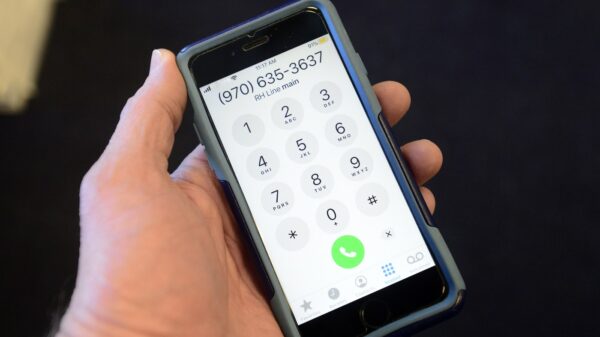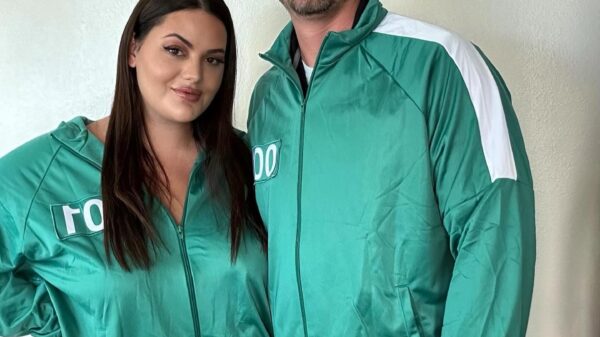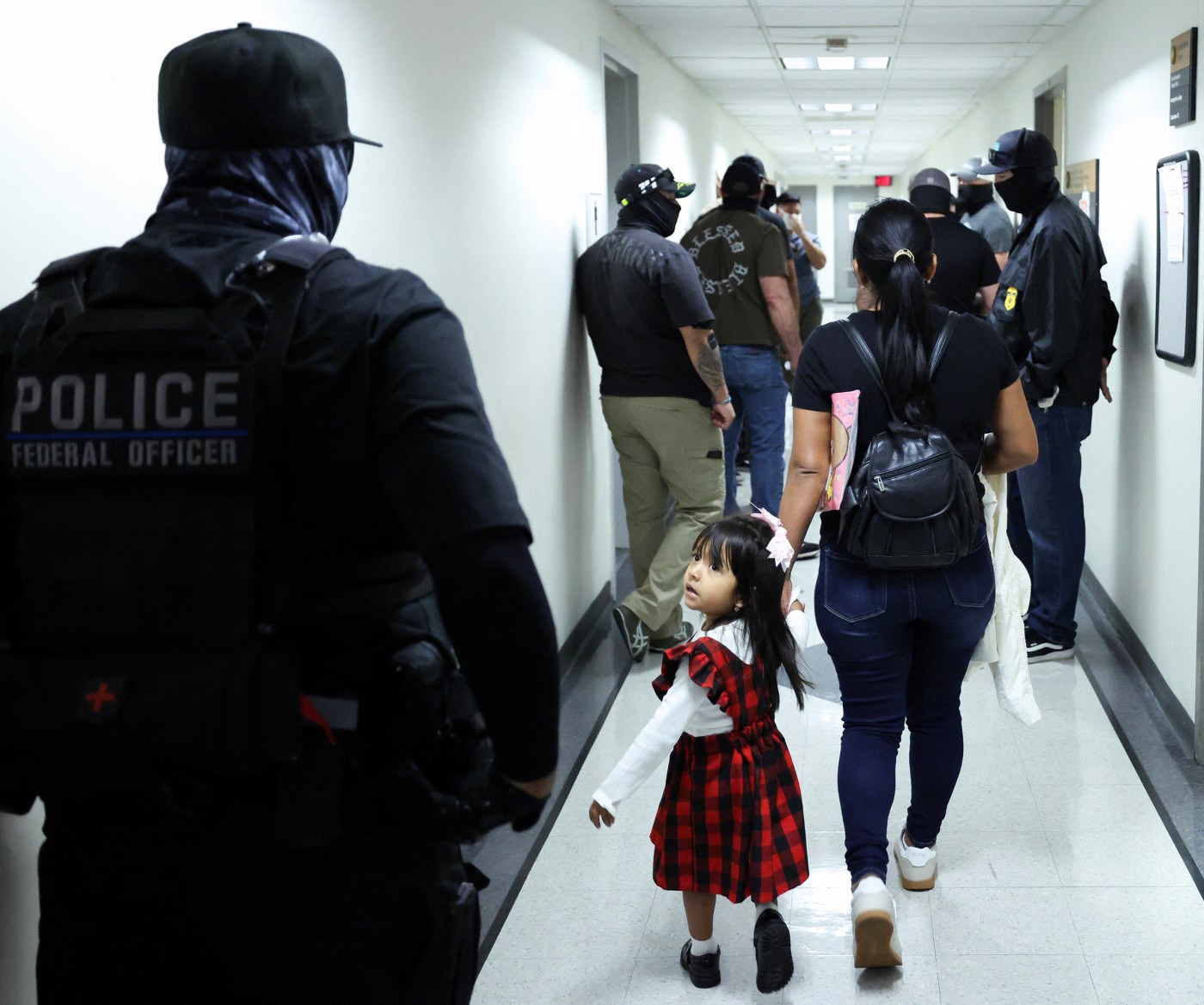The Supreme Court has significantly weakened the Fourth Amendment’s protections against suspicionless police stops. In September 2023, the court issued a stay on the district court’s ruling in the case of Noem v. Vasquez Perdomo, effectively permitting law enforcement to stop individuals based on superficial characteristics such as appearance, occupation, or language. This ruling, rendered through the court’s so-called “shadow docket,” lacks detailed public reasoning, raising concerns about transparency in judicial decision-making.
Justice Brett M. Kavanaugh authored a concurrence that supports law enforcement’s ability to consider race and ethnicity as factors in policing decisions. He downplayed the risks associated with arbitrary stops, which can lead to prolonged detention, violence, wrongful deportation, and even death. In a passionate dissent, Justice Sonia Sotomayor, joined by Justices Elena Kagan and Ketanji Brown Jackson, stated: “We should not live in a country where the Government can seize anyone who looks Latino, speaks Spanish, and appears to work a low-wage job.”
The implications of this ruling are profound. It dismantles the remaining safeguards that constrained police, including agents of Immigration and Customs Enforcement (ICE), from randomly stopping individuals without a legitimate basis. Historically, law enforcement needed at least a minimal, race-neutral justification for stops—such as a minor traffic violation. Now, simply fitting a vague profile—being perceived as “Latino,” speaking Spanish, or appearing to hold a low-wage job—might suffice for police intervention.
The idea that individuals without anything to hide should not fear police encounters is increasingly concerning. Even if one presents identification or an explanation, the reality is that officers often do not engage in careful document reviews. Instead, they may detain individuals based on superficial assessments, leading to harassment and violence regardless of citizenship status.
The Supreme Court’s recent ruling does not only impact immigrant communities; it opens the door for systemic racial profiling to thrive unchecked. Although civil rights lawsuits could provide a recourse for victims of police violence and discrimination, a recent decision by the court has limited class-action lawsuits, which are essential for large-scale relief. This creates an environment where law enforcement may operate with significant impunity, supported by the doctrine of qualified immunity.
While this decision may be seen as a continuation of existing trends, it marks a troubling shift towards legitimizing overt racial profiling under the guise of “reasonable suspicion” and “consent.” The ruling risks embedding a policing culture where constitutional rights are dictated by skin color.
As noted by law professors Daniel Harawa and Kate Weisburd, who authored a commentary for the Los Angeles Times, it is crucial for the Fourth Amendment to be interpreted in a manner that constrains rather than enables racialized policing. Without such an interpretation, the rights afforded by this amendment may become increasingly hollow for many citizens and non-citizens alike. The legal landscape surrounding policing and civil rights continues to evolve, and the implications of this ruling will likely be felt for years to come.








































































